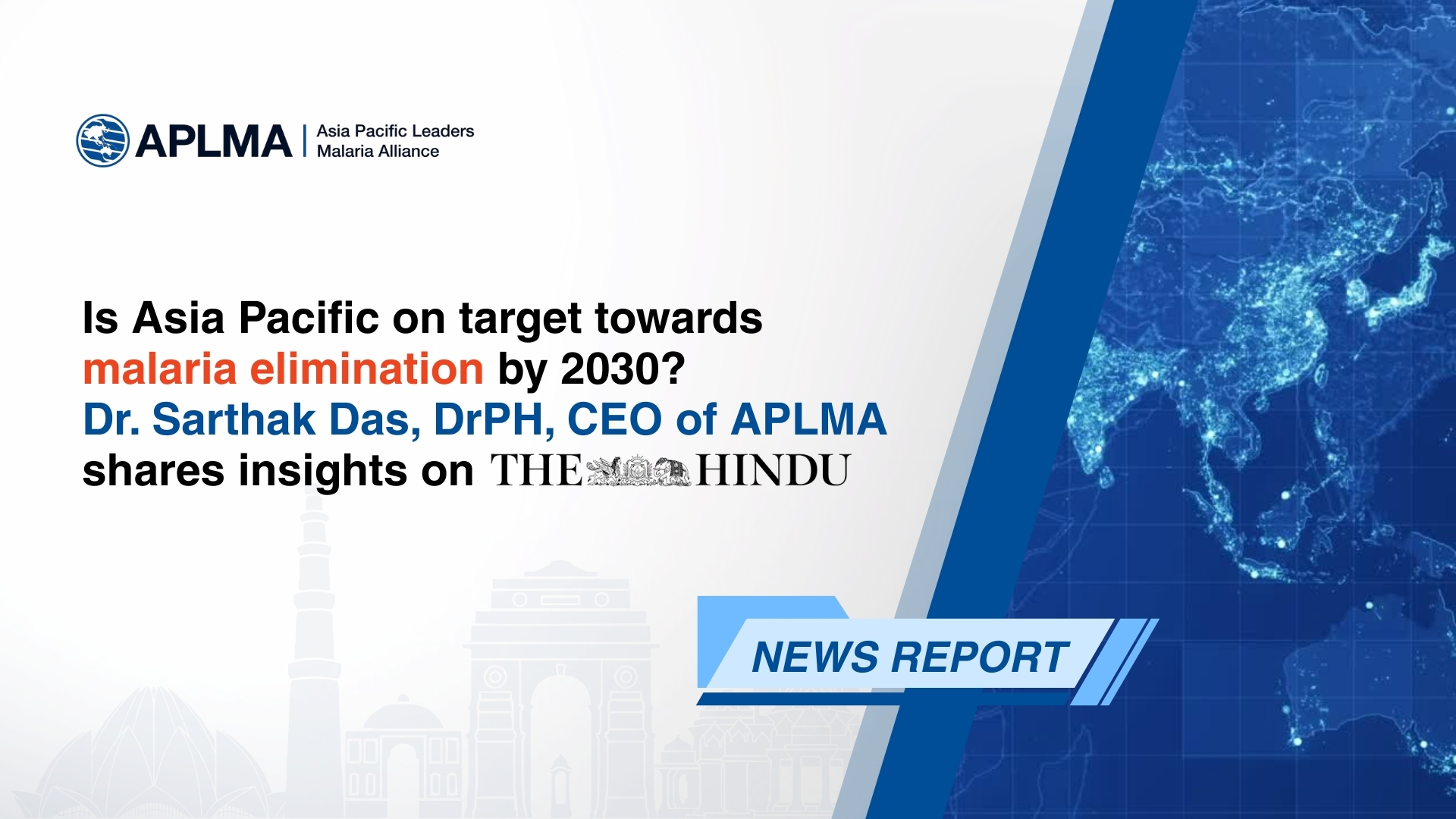
This summary draws from an exclusive The Jakarta Post feature. The full article is available to The Jakarta Post subscribers here.
Timor-Leste’s certification as malaria-free by the World Health Organization in July 2025 marks a historic public health achievement for the Asia Pacific region. Timor-Leste’s recent success exemplifies the tangible outcomes that can be achieved through strategic resource allocation, effective multisectoral collaboration, community engagement, and critically, unwavering political commitment. This milestone not only reflects Timor-Leste’s resilience and health leadership, but also serves as a beacon of hope for other countries in the region such as Indonesia, where malaria burden persists in challenging terrains especially in the Papua region.
Timor-Leste’s success was not achieved overnight. Much of the country’s success in reducing malaria burden and progressing towards elimination has been the result of sustained commitment and strategic decisions. These include provision of quality diagnosis via rapid diagnostic tests, high coverage of free long-lasting insecticide-treated nets (LLIN) and indoor residual spraying (IRS) interventions and building capacity among community health volunteers to extend coverage to high burden and remote areas. To enhance early detection and response, Timor-Leste invested in real-time malaria surveillance system which played a pivotal role in empowering informed, data-driven decisions on the ground. Timor-Leste has a strong focus on strengthening the community health approach and has prioritized cross-border collaboration with Indonesia since 2017.
In Indonesia, over 93% of all malaria cases are concentrated in Papua, driven by a combination of climate and ecological factors, limited accessibility, and persistent social challenges. With only five years left to achieve the 2030 malaria elimination goal, efforts must be intensified to target interventions in high-burden areas, strengthen surveillance systems, and secure sustained political and financial commitment. Timor-Leste offers powerful lessons on what can be achieved when malaria elimination is elevated to a national priority. As Indonesia strides forward with its own elimination strategies, cross-border collaboration will remain a critical component in ensuring that progress is both sustainable and responsive to cross-border challenges.
Building on years of bilateral collaboration, Timor-Leste and Indonesia have forged a strong partnership to address malaria transmission along their shared border. The two countries launched the Joint Task Force for Cross-Border Collaboration in January 2025 to curb cross-border malaria transmission through harmonized surveillance and coordinated response mechanisms. The Joint Task Force lays the groundwork for preventing the re-establishment of malaria and strengthens cross-border collaboration in data sharing, vector control, and community engagement along the shared border. More recently in June 2025, Indonesia and Papua New Guinea formalized a Bilateral Joint Action Plan during the 9th Asia Pacific Leaders’ Summit on Malaria Elimination in Bali, Indonesia, marking a new chapter in Indonesia’s cross-border health collaboration efforts. The Bilateral Joint Action Plan serves as a strategic framework to address the unique challenges of malaria transmission in the Papua region, particularly on the island of New Guinea through mobilization of sustainable financing, strengthening information sharing mechanism and capacity building, and fostering innovation through new tools and approaches.
Indonesia has made notable strides in malaria control over the years, yet challenges remain, particularly in high burden regions such as Papua. The momentum generated by these milestones must now translate into tangible and sustainable efforts on the ground. Sustaining and accelerating Indonesia’s progress towards elimination demands not only a refined national malaria elimination strategy, but also increased domestic and innovative financing, inclusive community engagement approaches, and sustained political will. By translating lessons into localized strategies and maintaining hard-gained momentum across national and cross-border initiatives, Indonesia has the opportunity to redefine its malaria elimination trajectory and advance towards a malaria-free future.
.svg)




.jpg)




